Celine Song | 1hr 46min

Twenty-four years after a preadolescent Nora immigrated to Toronto and left her childhood sweetheart Hae Sung behind in Korea, and twelve years after briefly reuniting with him through social media, the two finally meet again face to face in New York City. As they wander its streets and promenades, their conversation turns to the Korean concept of in-yeon – the mysterious, metaphysical thread that binds lovers together across multiple lives, drawing them closer in each incarnation until they finally fulfil their mutual destinies. Perhaps these characters we see before us were once monarchs, birds, or merely just strangers passing on a street, and yet even as they playfully consider these possibilities it becomes apparent that we are already witnessing in-yeon of a different kind.
This romantic understanding of reincarnation is delicately weaved into the triadic structure of Past Lives, effectively framing these characters as three different versions of themselves. As innocent children growing up in Seoul, to ambitious young adults divided by an ocean, and finally as accomplished professionals seeking closure, Nora and Hae Sung travel along winding paths that only intersect once every twelve years. Nora’s own personal ambitions effectively become markers along this journey too, characterised at each age by her desire to win either a Nobel Prize, a Pulitzer Prize, or a Tony Award – though by her 30s, it is clear that she does not put so much value in these lofty accolades.
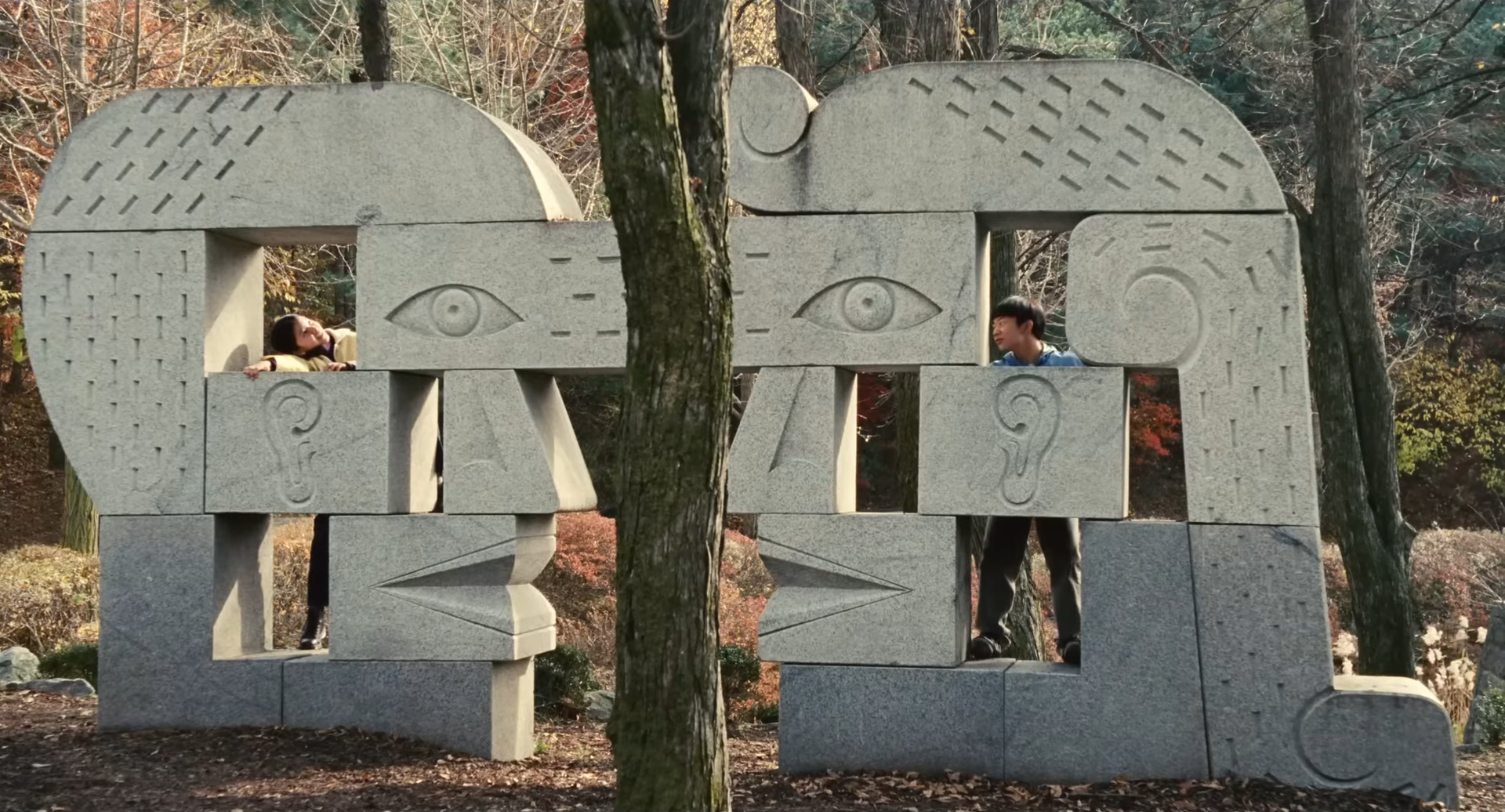
Similarly, is Hae Sun not the same kid that Nora crushed on back as a 12-year-old back in Korea, nor the flat image on a laptop screen she would casually hang out with in her 20s. They may be emotionally drawn towards each other at each age, and yet whether through circumstances beyond their control or personal hang-ups, their meetings are always cut short before their relationship can blossom into full romance. The very first time we observe this too, Celine Song composes a melancholy illustration of diverging futures as the two children bid a quiet farewell, before continuing their independent journeys home from school – Nora ascending a flight of stairs on the right, while Hae Sung continuing along the level street on the left.
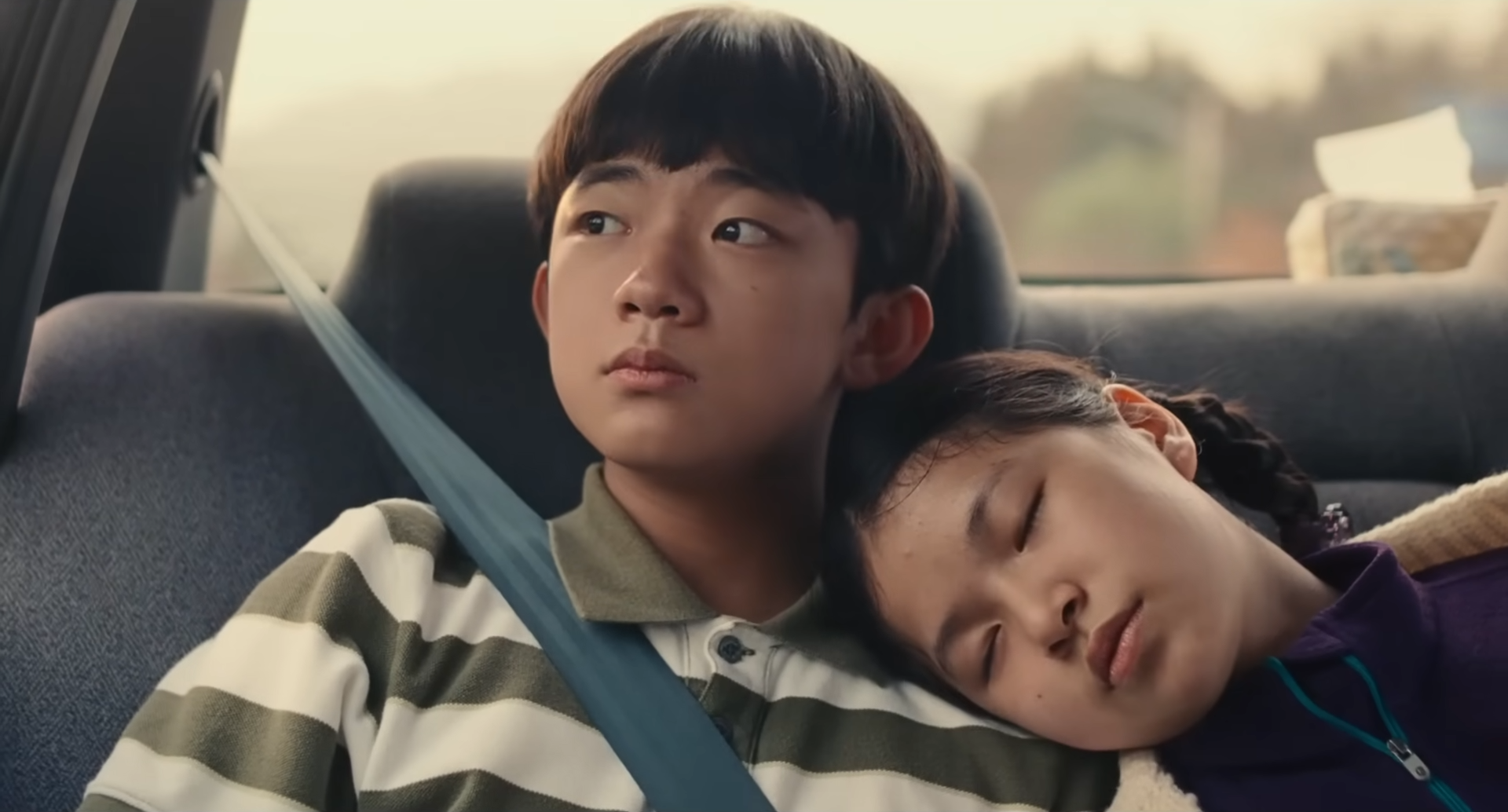
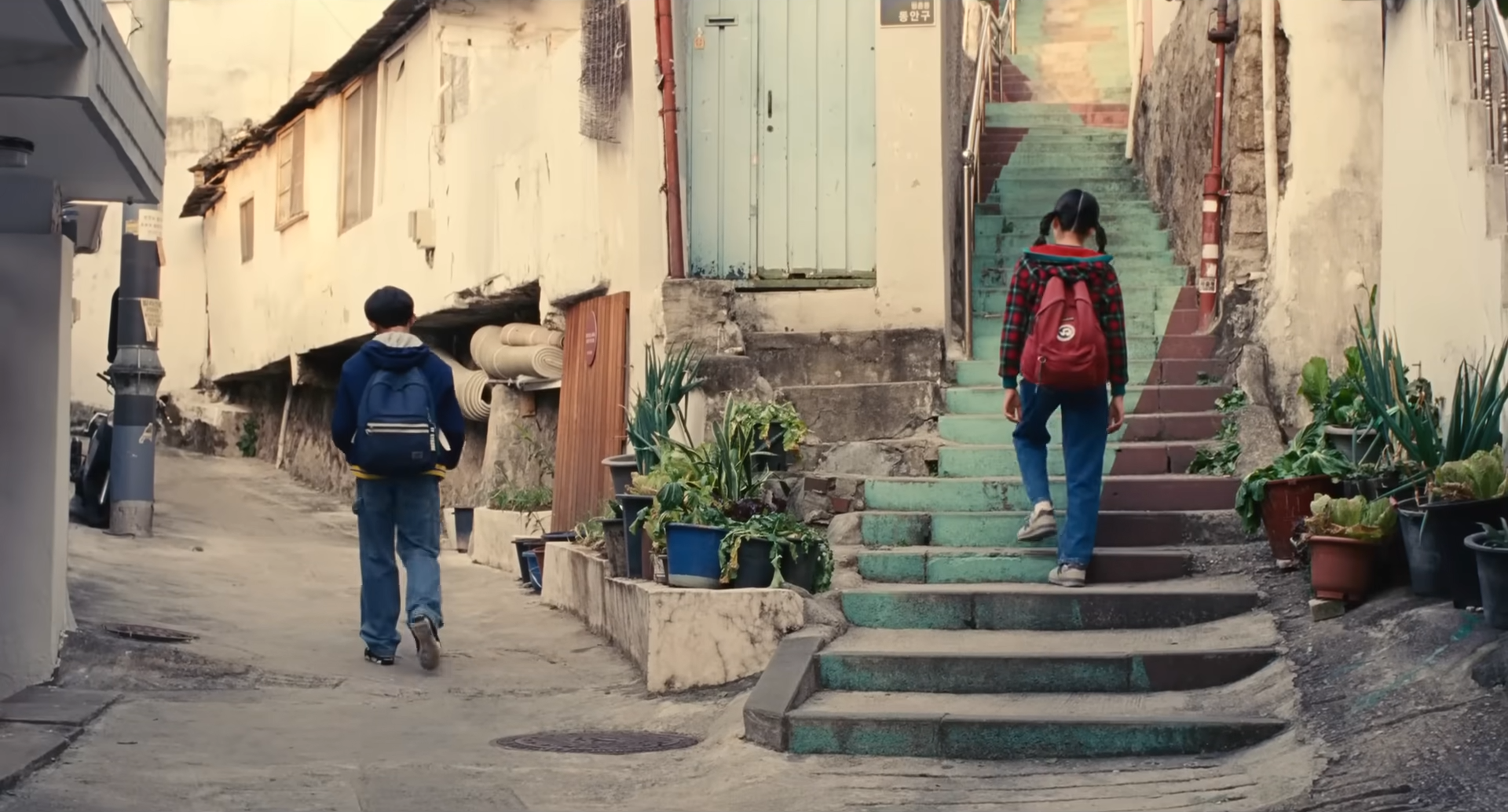
Fate wins out every time, guiding them into the arms of others who are closer to home, and yet there is still an indissoluble connection which perseveres against comfort and convenience. It is not quite strong enough to leave their life partners or goals behind, but still these old friends can’t help but wonder what they might have been to each other had they stood firmer against the tides of destiny.
Then again, perhaps destiny is more in sync with this unfulfilled romance than it appears. After all, is it merely chance which spurs Nora to reach out to Hae Sun through Facebook over a decade since they last saw each other, only to discover that he has been trying to do the same? Is this a tiny machination in the broader cosmos, entangling these souls across multiple lifetimes where their relationships take on thousands of forms?

It is clear to see the influence of Krzysztof Kieslowski’s philosophical meditations emerge in such profound questions, contemplating the invisible connections between total strangers, and representing enormously abstract ideas through the minutia of everyday life. Song echoes a similar tenderness in her delicate moving camera as well, but as Past Lives reaches its final act she sets out to craft an aesthetic far more in line with Richard Linklater’s Before trilogy or Sofia Coppola’s Lost in Translation, serenely observing her characters wander against backdrops of New York’s modern architecture and warm city lights.


Subtly crucial to the melancholic serenity of Nora and Hae Sun’s conversations too are those organic silences that emerge between them, revealing a mutual comfort in each other’s presence rather than awkward uncertainty. Through Greta Lee and Teo Yoo’s small glances and understanding smiles, we see all the poignant complexities of their semi-romantic love, while life continues to move around them in spinning carousels and rocking boats.
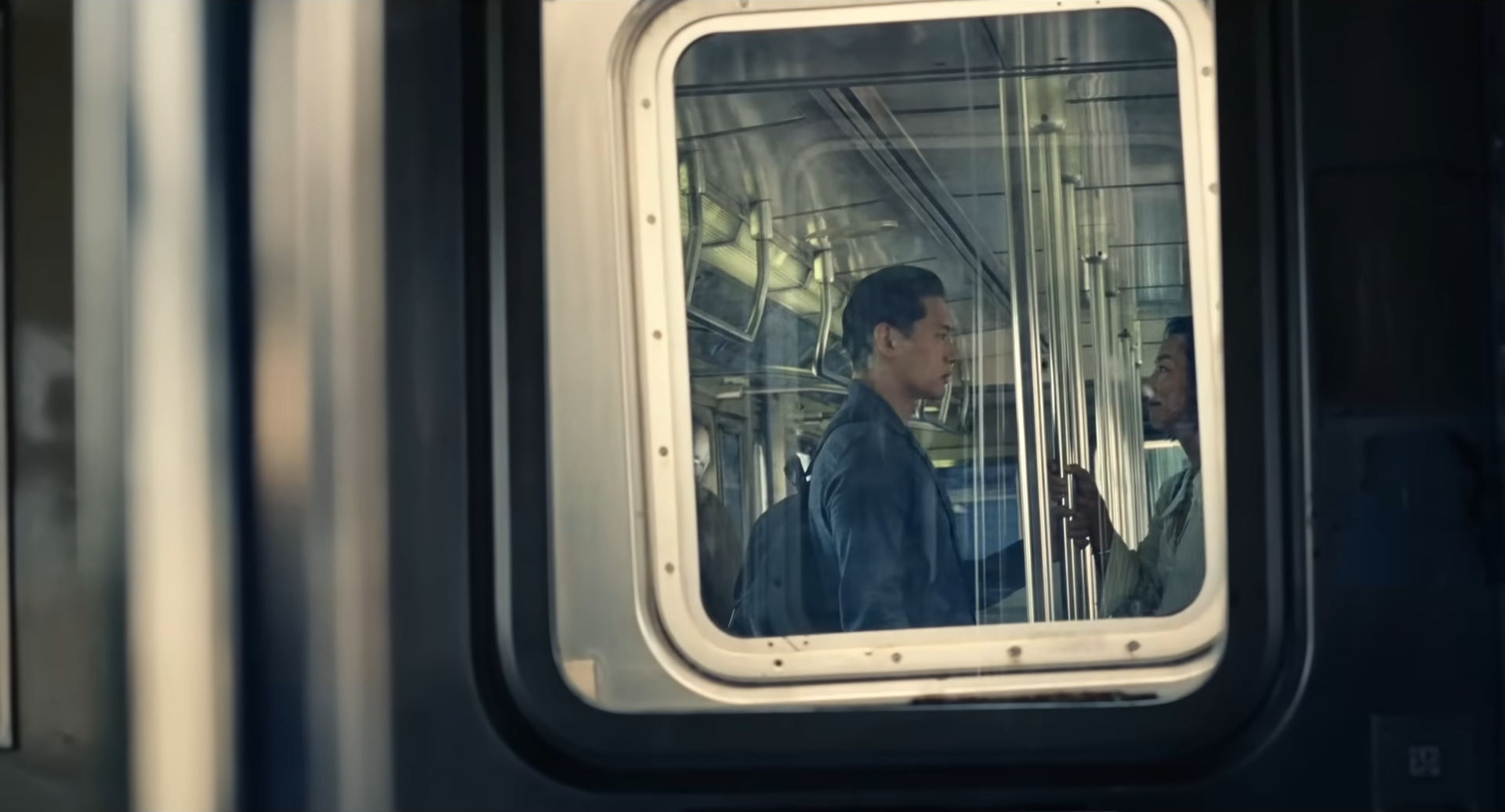
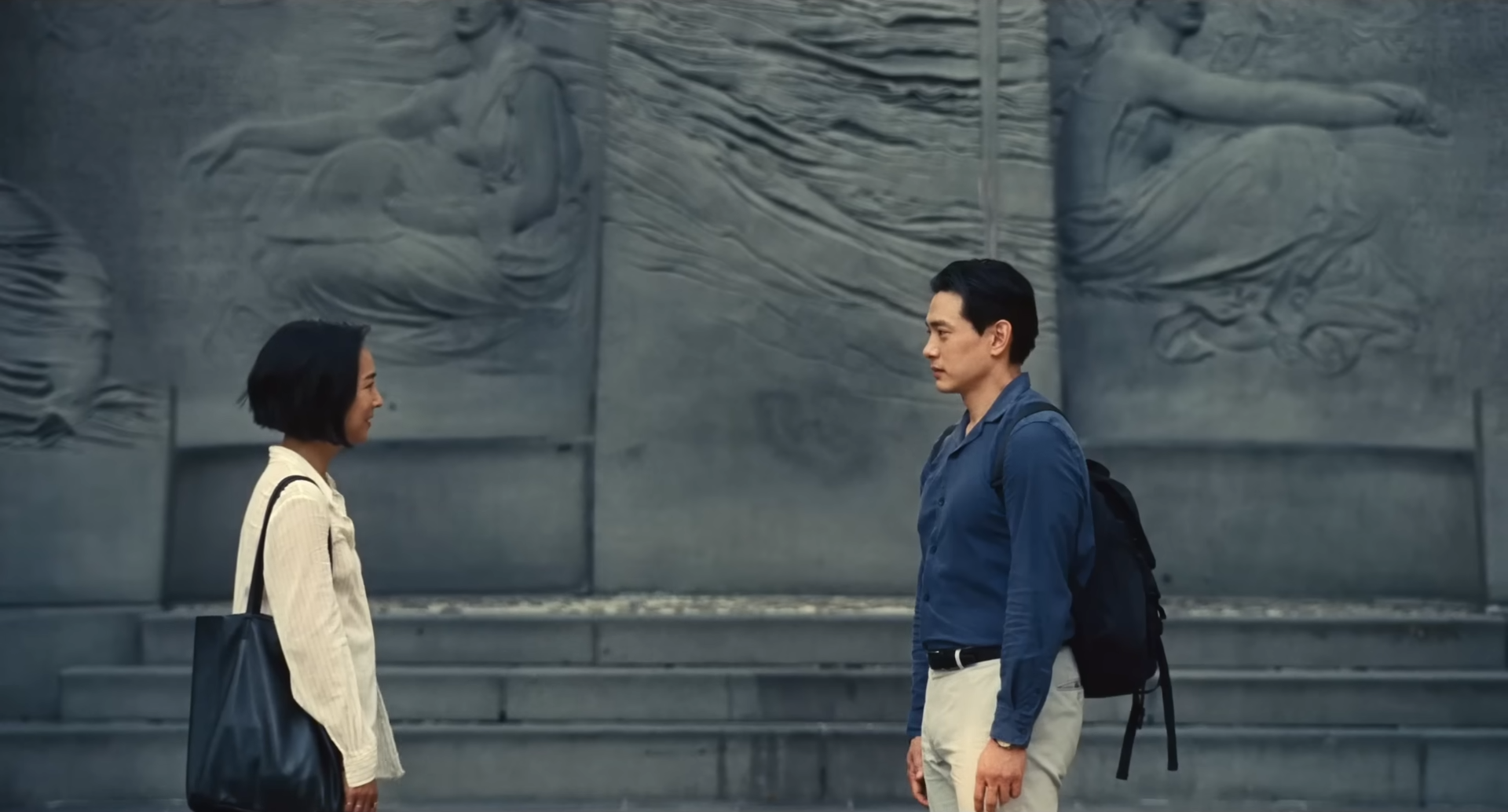
Still, none of this negates the relationship Nora has built over many years with Arthur, her Canadian husband. He is keenly aware of what he might have represented in the simplified fairy tale version of this story, playfully considering how some alternate narrator might frame him as the evil villain getting in the way of his wife’s destiny. Hae Sun does not represent a better alternative – just a different one, who, through no fault of Arthur’s, is able to understand parts of Nora’s life that her husband never will.
It is this strange dynamic which rises to the surface in the film’s pivotal bar scene, shutting Arthur out of a conversation spoken in Korean between Nora and Hae Sun. So central is this meeting of all three characters in Past Lives that Song uses it twice, alternating our perspectives each time.
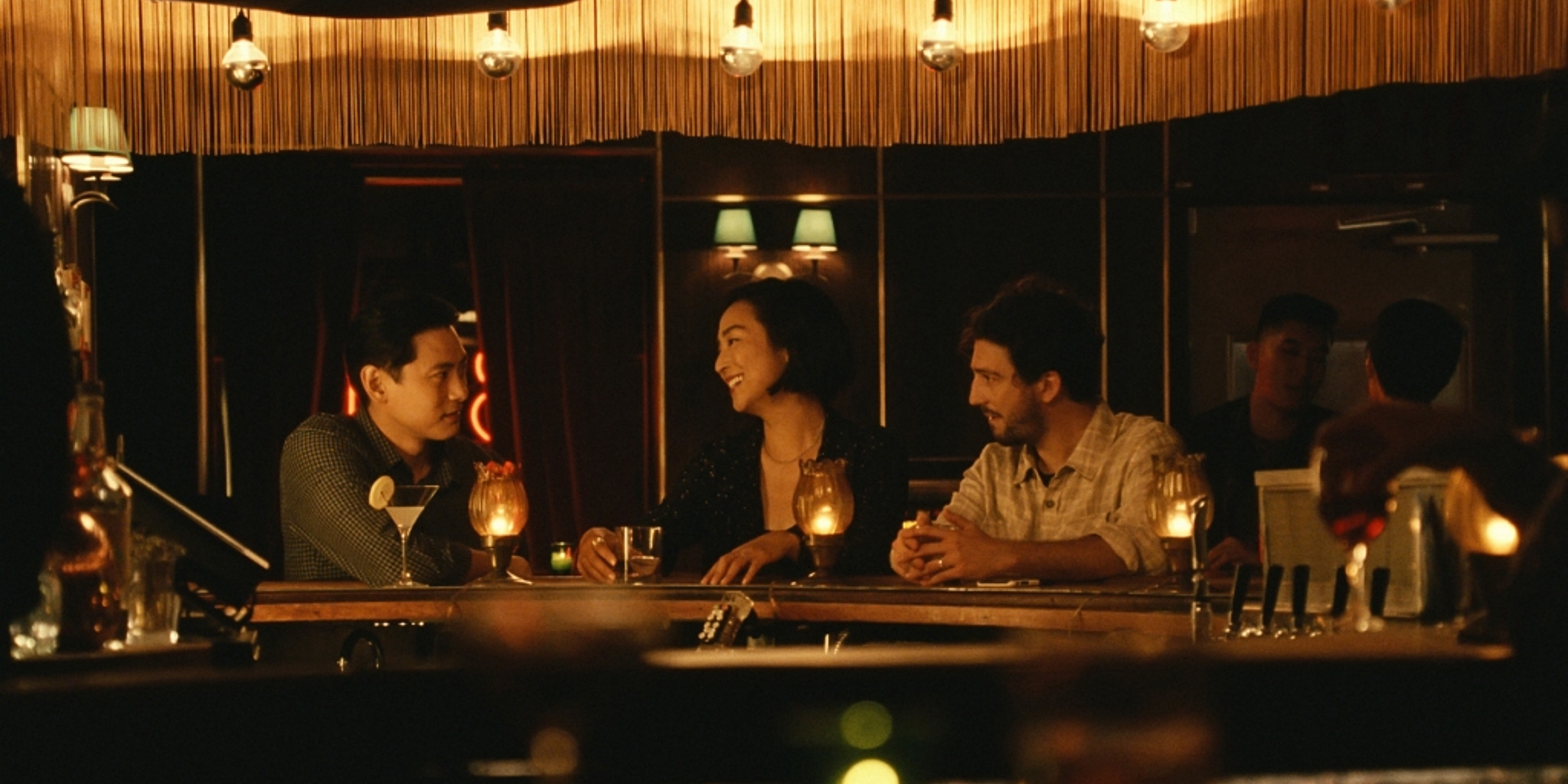
From within the conversation, we discover Nora and Hae Sun at their most honest, reminiscing a history that belongs solely to them and considering the alternate paths they might have taken along the way. When this scene first plays out in the prologue though, it takes on even greater significance, palpably manifesting Nora and Hae Sun’s in-yeun before we even learn of the concept. Song sets the frame in a gorgeous, warmly lit wide shot, slowly zooming in on their muted conversation as the voices of an unseen couple across the bar playfully theorise their identities and relationships. The visual cues they pick up on are specific yet open-ended, leaving us similarly guessing who they might before we even meet them, and it is in that sweet spot of ambiguity that Past Lives flourishes in its romantic optimism. Within the 24 years they have known each other, Nora and Hae Sun may be helplessly limited to their respective paths, and yet across the expansive history and future of all living things, the possibilities of their undefined love are infinite.
Past Lives is currently playing in theatres.
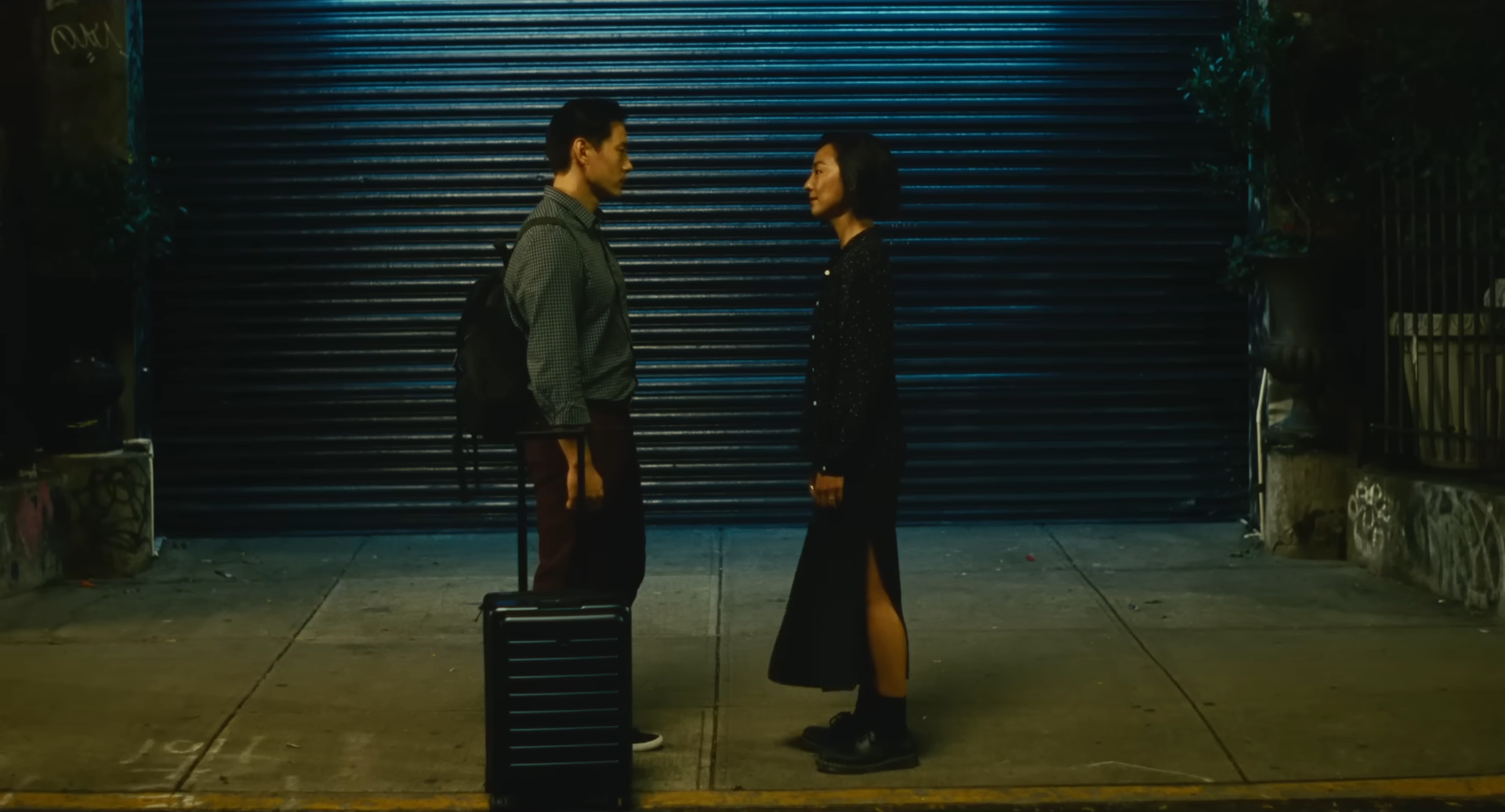


Pingback: 2024 Oscar Predictions and Snubs – Scene by Green